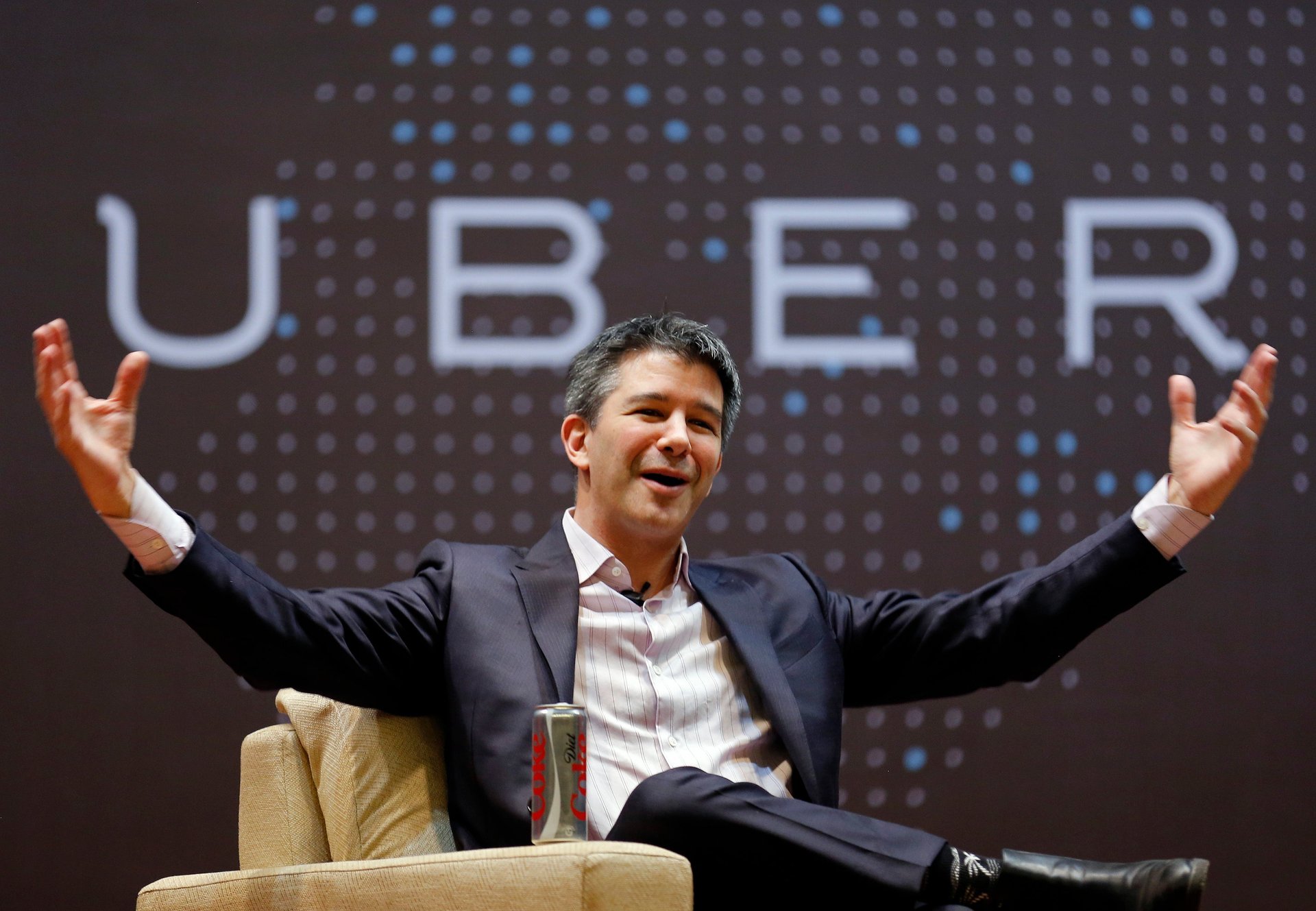Why founders don’t always make the best CEOs
It’s strange to imagine it now, but decades before Facebook or Uber came along, Apple was Silicon Valley’s wild child.


It’s strange to imagine it now, but decades before Facebook or Uber came along, Apple was Silicon Valley’s wild child.
“What’s the difference between Apple and the Boy Scouts?” went a joke at the company in the early 1980s. “The Boy Scouts have adult supervision.”
Co-founder Steve Jobs knew he needed help, and in 1983, he recruited John Sculley, the then-president of Pepsi, to take over as Apple’s CEO. For a while he and Sculley got along well. But when things soured, Jobs mounted a coup. It failed and he ultimately left the company. This period away from Apple is central to the Jobs mythology. He founded NeXT and Pixar, and in 1997 he triumphantly came back to a struggling Apple. Within a year he regained the role of CEO. The founder had returned.
Jobs’ subsequent success at Apple helped cement the idea within Silicon Valley that founders are the best people to run the companies they start. No venture capitalist or company director wants to be the person who fired Steve Jobs.
Quartz looked at the CEOs of all US startups valued at $5 billion or more, and at the leadership of the biggest tech IPOs of 2019. In both groups, 75% of CEOs were founders or co-founders.
But several prominent founders have been displaced recently, at companies including Uber, WeWork, Outdoor Voices, Juul, and SoulCycle. Perhaps this is just part of a larger trend. It turns out 2019 was a record year for CEO turnover in the US, led by the tech sector.
Or perhaps “adult supervision” is finally starting to make its comeback.

“Founder-friendly” venture capital
In a survey of 19,000 executives at 3,600 startups from 2000 to 2009, researcher Noam Wasserman found that by their third round of financing, most startups no longer had their founder as CEO. Other research puts the percentage of founders who get replaced between 20% and 40%.
But as more money flowed into venture capital over the past decade, successful founders had more options when raising money. Many of them preferred to take funding from VCs who marketed themselves as “founder friendly” and promised—or at least strongly hinted—that the CEO would not get swapped out.
But that’s not always a smart decision.

Why founders get replaced
“Founders don’t typically make the best CEOs of scaling and large companies,” says Kit Hickey, the co-founder of tech apparel company Ministry of Supply and an entrepreneur-in-residence at MIT. As a company grows, the skills required of the CEO change. Most people who are good at running young companies aren’t also good at running large ones, and vice versa.
This is born out by research, which finds, on average, that founder replacements improve startups’ productivity and management.
If that sounds hard to believe, it’s important to remember that VCs are most likely to replace founders when something isn’t working.
“Most boards don’t want to fire their founder,” Hickey says. In Wasserman’s research, most of the CEO changes initiated by the board, with only 27% initiated by founders themselves.
Of course, not every CEO ousting is justified. In a recent column (paywall), The Information’s Jessica Lessin argues that both the press and investors hold female founders to a higher standard and that this was a factor in the recent CEO departures at Away and Outdoor Voices. (Away founder Steph Korey stepped down after employees described a toxic work environment in a detailed account from The Verge, but she subsequently decided to stay.)

Succession planning
In their course on entrepreneurial teams, Hickey and her MIT colleague Erin Scott teach students to think about succession from early on. Hickey says founders need to ask themselves, “What is the company going to look like in three years, and does that match my skill set?” If nothing else, planning for CEO succession ahead of time allows founders to have more control over who will replace them.
For those committed to staying on as CEO, thinking about succession early on can lead to productive conversations about developing the skills required to lead a larger company. For some founders it also can mean coming to terms with a desire to stay in control, even if it means presiding over a smaller or less profitable company.
Whether or not a founder is the right person to be CEO as a startup grows, the term “adult supervision” deserves to be retired. It presumes a stereotype about young and inexperienced founders, which tacitly endorses the idea that startup CEOs don’t need to act like adults until it’s time to scale. In reality, research shows the most successful founders are in their 40s.